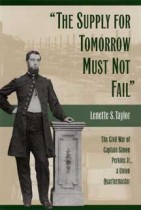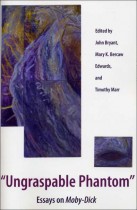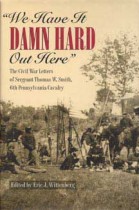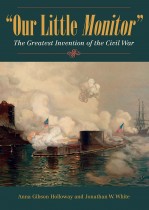“Spur Up Your Pegasus”
James P. McClure, Peg A. Lamphier and Erika M. Kreger | Filed under: History
This collection of correspondence, many letters previously unpublished, stresses familial relationships, the daughters’ education, and the role of women in nineteenth-century America. “Spur Up Your Pegasus” provides important insights into the personal lives and private thoughts of a prominent political family.










